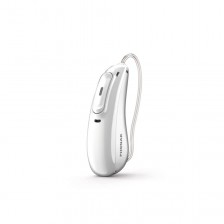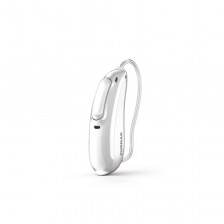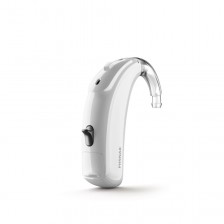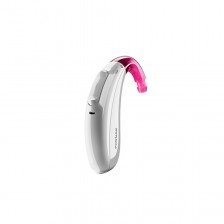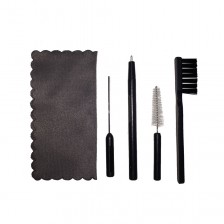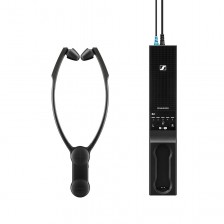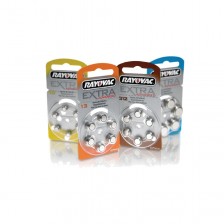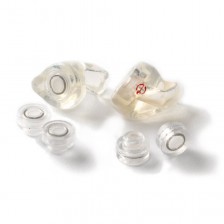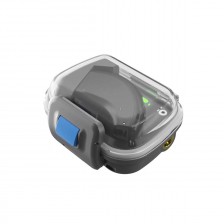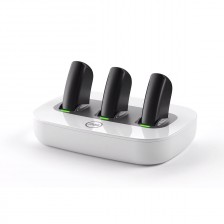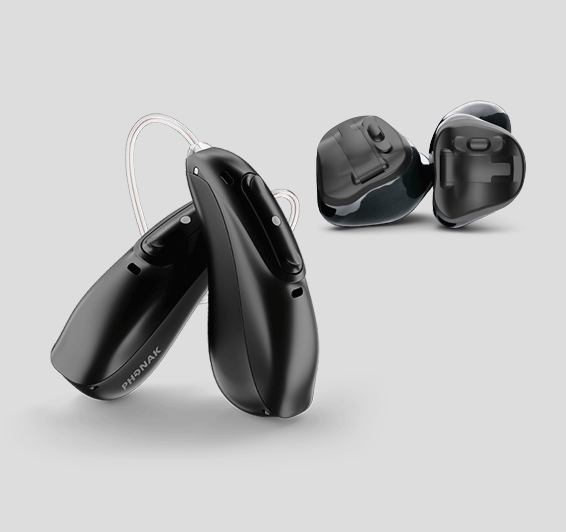SOS: Toddler May Have Infantile Otitis

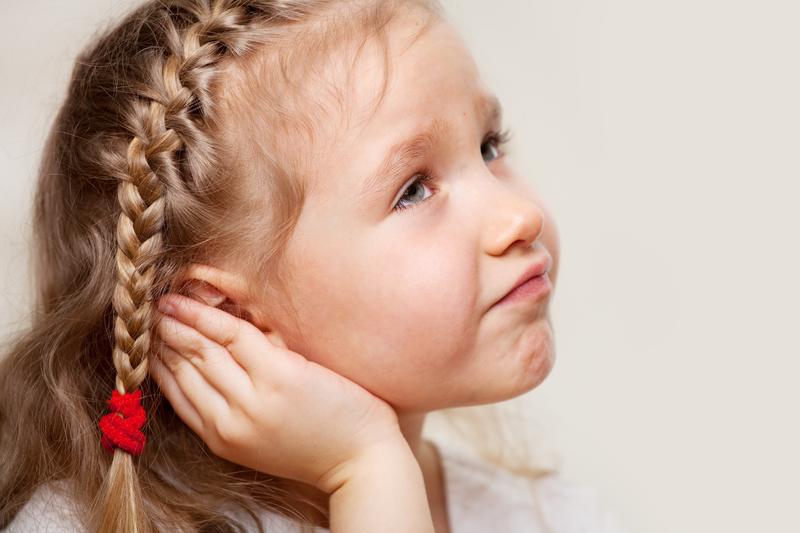
Since the nursery has started, the king of the house arrives more tired and with a thousand battles to tell you. It is normal for him to be the first to go to bed, but for you, otitis takes away your sleep.
It is not an urban legend that in the nurseries there is more concentration of infections, caused by the viruses that are easily transmitted. Children's defences are still developing so coping with infections costs them a lot more. But don't panic!
What we would like to make clear in today's article is that childhood otitis is not contagious in itself, but it is the colds that often accompany it. So, you shouldn't take your child to school/kindergarten for the first few days to prevent it from spreading. It's much better to wait until the cold symptoms subside, the ear doesn't hurt, the child doesn't have fever, and he's well enough to get back into his routine.
Generally speaking, what works for infections is to carry out preventive habits such as washing hands more frequently and washing toys as well. If there are sick adults, they should be separated from minors.
Acute otitis media is an infection of the middle ear caused by bacteria or viruses that enter the airspace of the middle ear from the throat and nose, running through the Eustachian tube. From that moment on, they begin to multiply, producing an accumulation of mucus and pus which increases the pressure inside the ear and stretches the eardrum. That's why it appears bulging and red when the pediatrician observes it with the otoscope. This pressure or inflammation of otitis media is what causes you pain.
Almost half of all children have an ear infection in the first dozen of their lives. Many will be prone to recurrences, particularly if their parents or siblings have had the same problem during childhood or if they smoke at home. In addition, many of these ear infections often accompany nose and throat colds, which is what you get.
In this case, there is nothing to prevent them effectively, although we can prevent the mucus produced by them from becoming an otitis with pus with a suitable treatment that can be prescribed by your child's paediatrician and with which you can block the infection.
Pay special attention if you detect that your child hears less. Since fluid (mucus) may remain inside the middle ear for a few weeks after otitis, this temporary situation may occur. Report it to the nursery so that your teachers are aware of it and don't worry about it any more unless the situation doesn't get better.
It is recommended to wash the nose with saline solution or physiological serum in high way colds, to clear the mucus from the nostrils and prevent obstruction of the Eustachian tube, which connects the nose with the middle ear.
Before finishing, two more notes:
Usually, when a tympanic perforation with suppuration takes place, the ear pain decreases considerably, but this does not indicate that the process is cured. This will only be confirmed by a doctor.
Most ENT specialists do not recommend bathing in chlorinated pools if there is repeated otitis. Some allow swimming with plugs. In any case, you should never bathe without protection in case of unresolved eardrum perforation.
We hope we have solved some of your doubts. It is also important for us to dedicate ourselves to your hearing health so we take this opportunity to remind you that in this article you will find tips for taking care of your family's ears.
